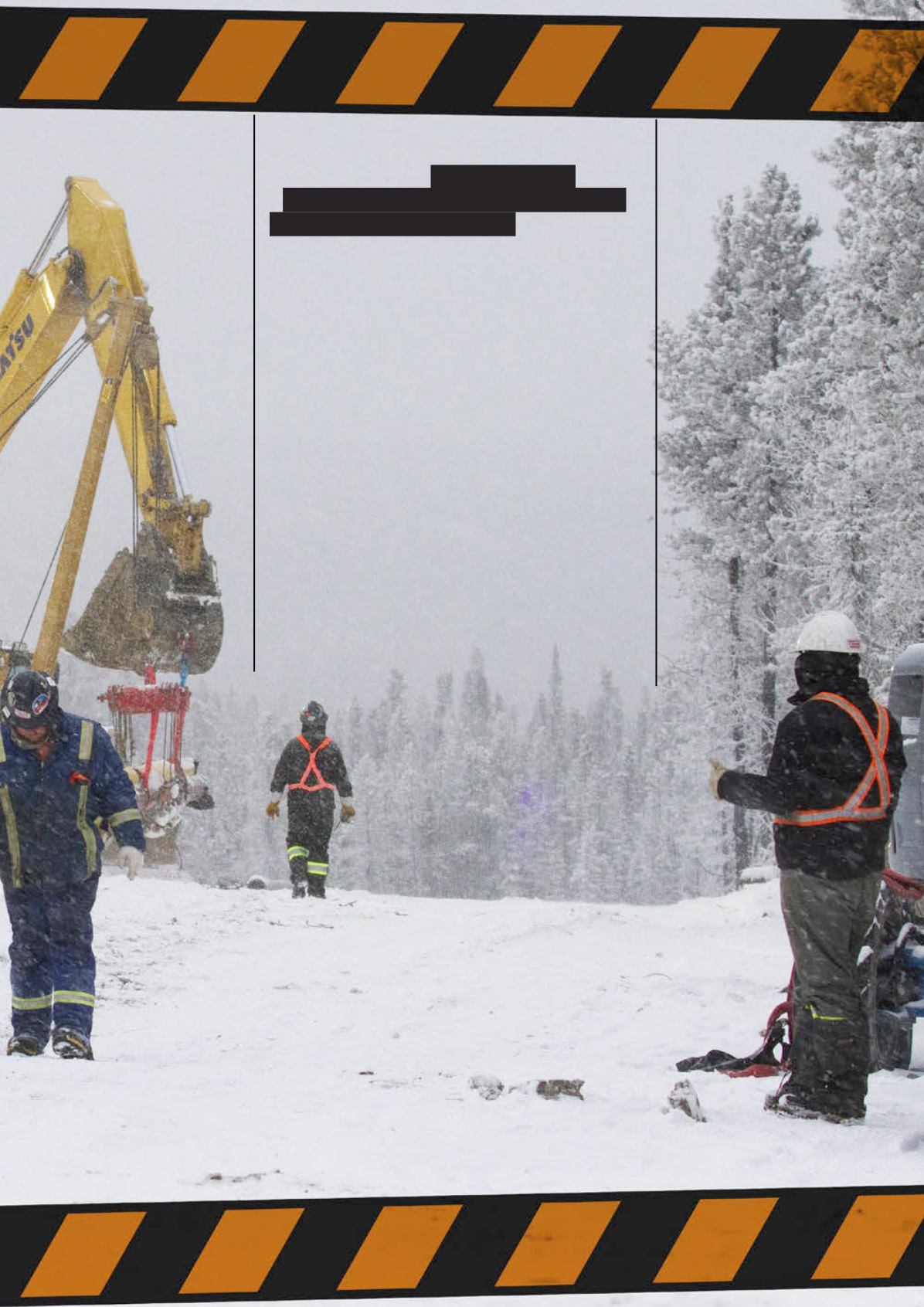
AUGUST 2015
/
World Pipelines
155
P
ipeline machines, dozers, excavators, side booms,
‘yellow iron’, are the back bone of our industry.
Without them, we could not complete or even start a
pipeline project. Although incidents involving pipeline
machines are rare, the consequences can be catastrophic.
Pain and suffering for employees and their families, company
loss and damage to reputation are all possible consequences
of machine incidents. We have all heard stories of operators
being killed when their machine over-turned or the pickup
that was destroyed when a piece of equipment backed over
it, but how do we prevent these and similar incidents from
occurring? Operator training programmes and competency
evaluations can be implemented and utilised to reduce the
occurrence of these incidents.
The importance of machine operator training and
competency cannot be overstated. In almost all regulatory
regimes the law requires machine operators to be ‘qualified’
or ‘deemed competent’. But what does this mean? Who is
qualified to deem an operator competent? Well, there is no
silver bullet for this one, but you do have some options.
Operator training programmes are
essential.
Jason Holland,
HSE Manager, Continental Pipeline
and Facility Ltd, Canada,
presents the
various steps involved in creating an
effective training course.


